On the threshold of the active summer season, which in this country is no more than two months – July and August, the tourism industry is relatively calm. Bookings are good and forecasts for a growth of 6% compared to last year at the peak of the season seem completely achievable.
The Bulgarian Black Sea resorts are filling up with vacationers but the border with Greece has never been so busy – the queues of cars are longer than ever, as these are mainly Bulgarians, heading for the beaches of the southern neighbouring country. The Schengen membership has significantly increased the flow to the south. The expectations are that the introduction of the euro as the national currency and the completion of the Struma highway will further facilitate travel to Greece. How does all this affect Bulgaria’s Black Sea resorts?
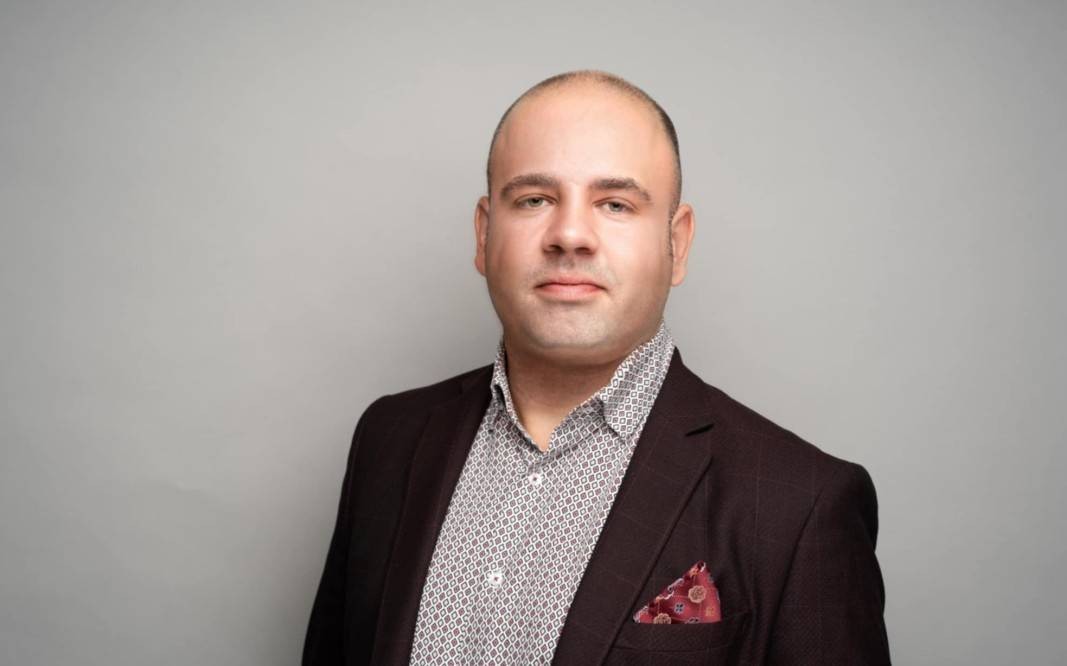
"The Bulgarian tourist is the best tourist for the Bulgarian Black Sea Coast, because they are loyal as a whole,” Konstantin Zankov, a tourism expert and analyst of processes in the sector tells Radio Bulgaria. “These tourists can take a vacation several times a year - both in season and out of it. So, the Bulgarian is the best tourist. Greece, of course, is a wonderful destination that has a lot to offer. We simply offer a different tourist product. There are many reservations for Greece. But I cannot say that the abolition of checks at our border points with Greece has had a significant impact on the season in our resorts. We have hoteliers who have a very good policy with Bulgarian clients - they have a good image, good packages, good prices, high-quality service and welcome satisfied Bulgarian tourists."
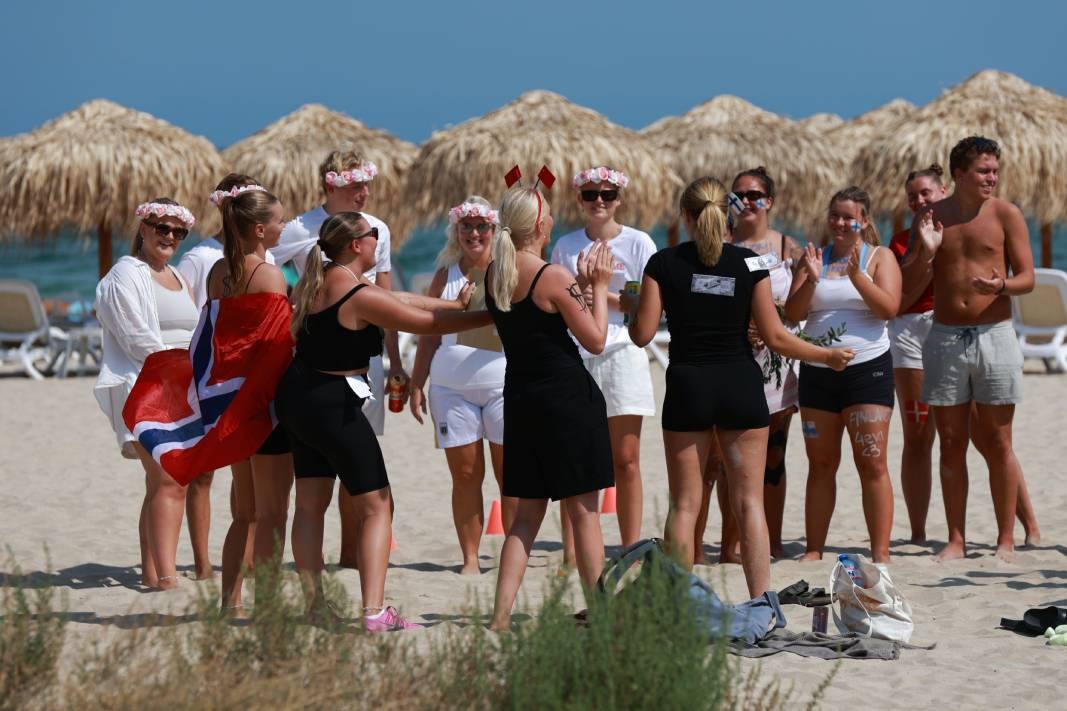
The industry also relies on foreign tourists. The German market is growing compared to last year, although it has not reached the levels of 2019. The Balkans, UK and Poland are moving in a very good direction, Zankov says, adding that there is large number of beds along the Black Sea coast and hotel owners are hoping for more serious growth.
At the same time, the sector is once again facing a chronic shortage of well-trained personnel. Once again, it is resorting to importing labor – mainly from Kyrgyzstan, Kazakhstan, Nepal, Thailand, Ukraine and other countries.
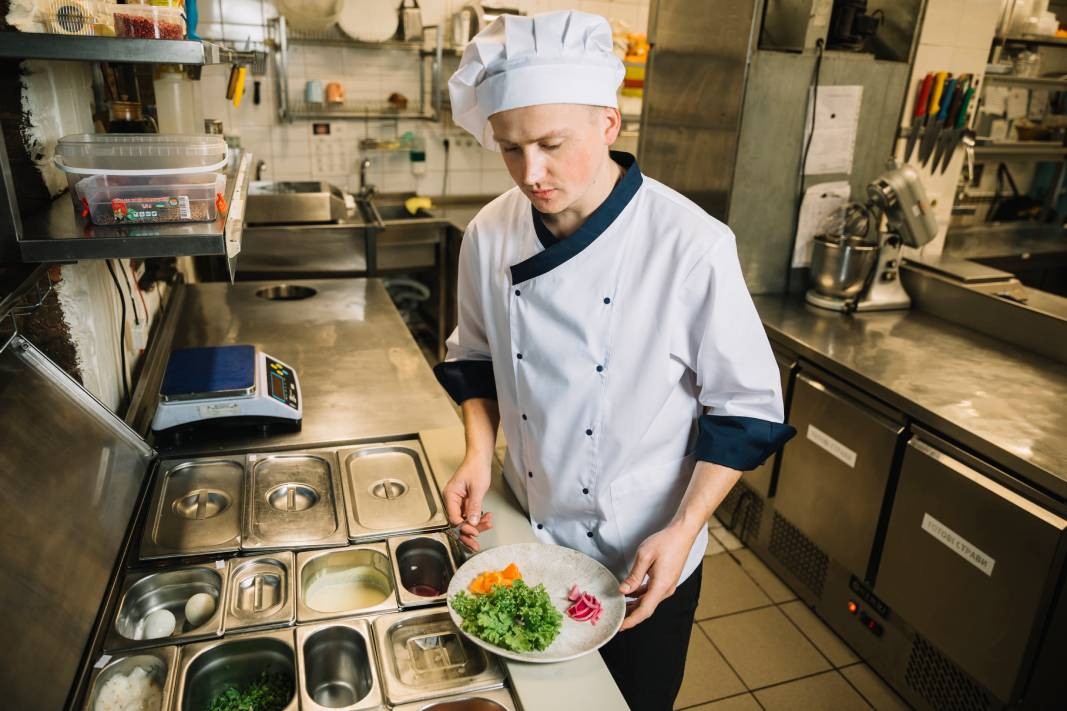
"Unfortunately, we talk about the problem of staff shortage every year,” Konstantin Zankov says. “This is not just a phenomenon in Bulgaria, it exists all over the world. There are a number of solutions that we can use from international experience. The most important thing is to strive for a longer season and a sustainable tourism product and not to rely on just two months.
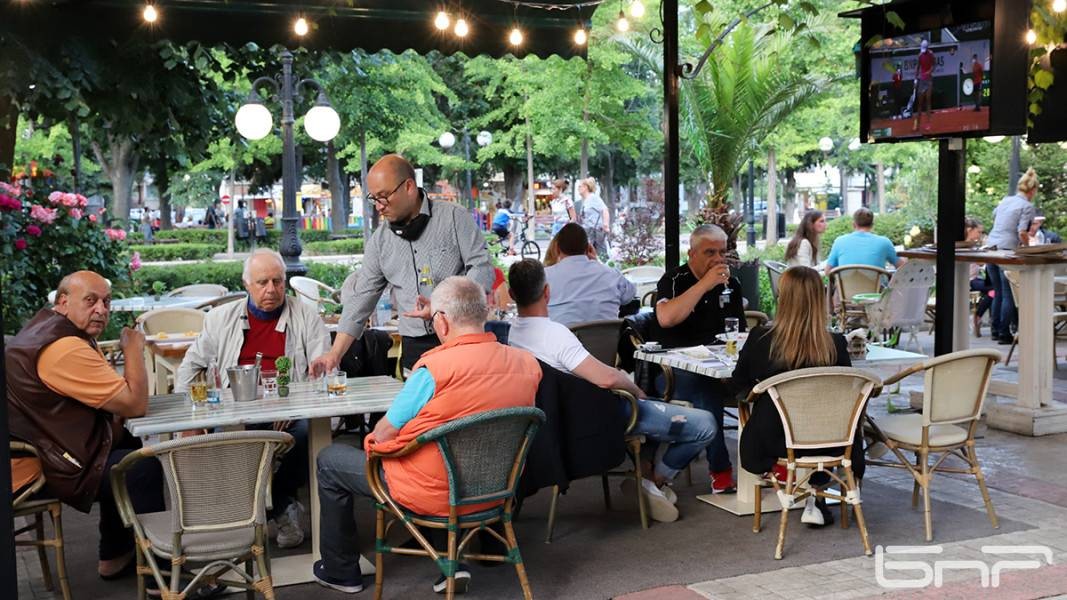
This will also provide permanent staff, not a workforce that comes for a short time. Staff from abroad encounter difficulties due to delays in issuing visas. Good practices such as electronic visas can be implemented, which would facilitate access for both staff and tourists."
Zankov says that Bulgarian tourism urgently needs a clear vision, supported by an effective partnership between the state and business, not by another set of short-term solutions.
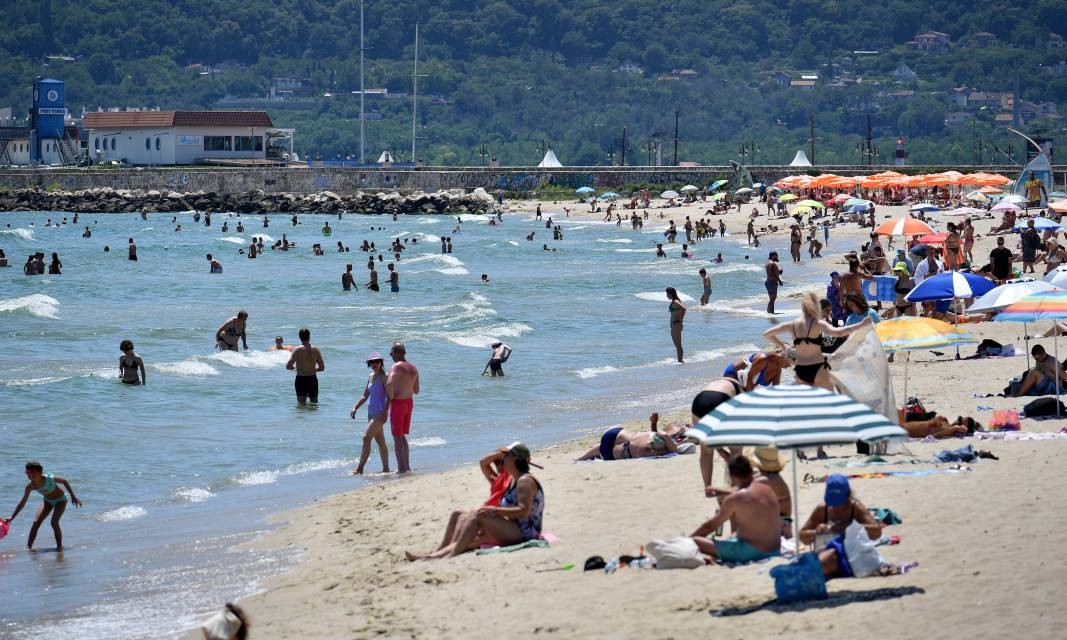
"The problem is that we need a comprehensive strategy for the development of tourism in Bulgaria. We need a plan on how to implement global practices, not to work chaotically. We should not just put on rose-colored glasses and say ‘it's very nice here’, but to actually have communication between business and the state, as well as adequate marketing and a policy for the development of tourism. The problem is complex. It's not just about the staff", Konstantin Zankov says in conclusion.
Author: Veneta Nikolova
Publication in English: Alexander Markov
Photos: BTA, freepik.com, Bulgarian National Radio, archive
Bulgaria has the opportunity to reap the full benefits of eurozone membership , but this will require stronger fiscal discipline, effective management of transition risks, and accelerated structural reforms , the International Monetary Fund (IMF)..
In mid-September, the traditionally great Christian feast of the Holy Cross (September 14) marks the beginning of one of the most anticipated agricultural processes – the grape harvest campaign. 2025 is no exception, but due to a number of factors, the..
Bulgaria's Ministry of Finance placed 7-year government securities on the domestic market for 300 million leva. (144 million euros) and an interest rate of 3.25%. The submitted purchase orders amounted to 446 million leva with a coverage ratio of 1.49...

+359 2 9336 661
